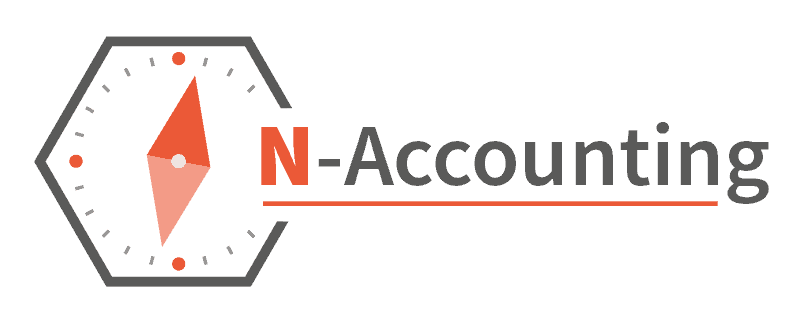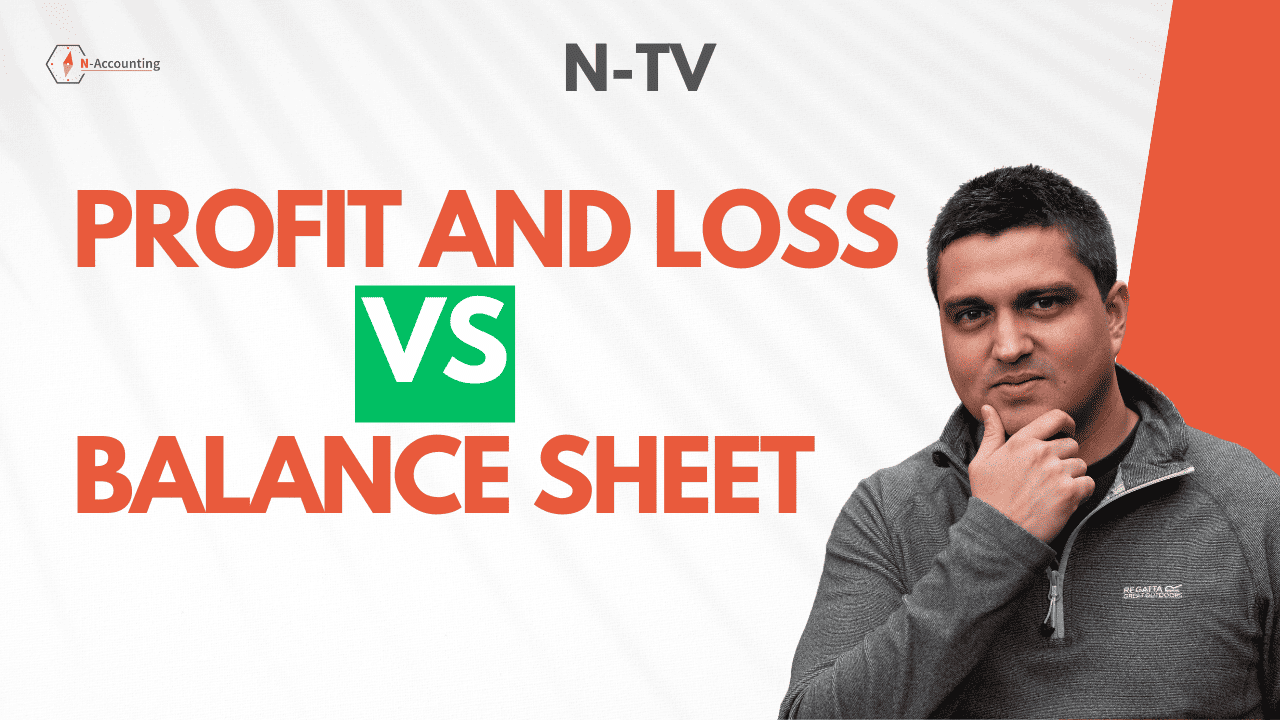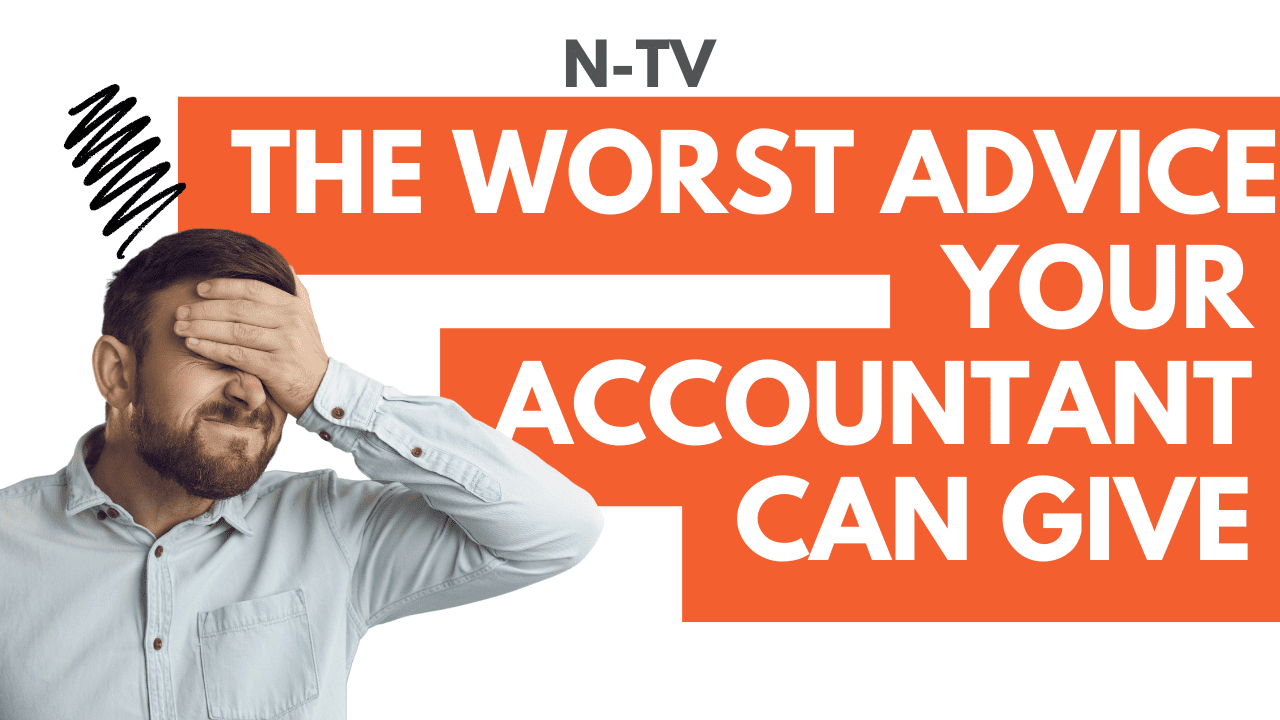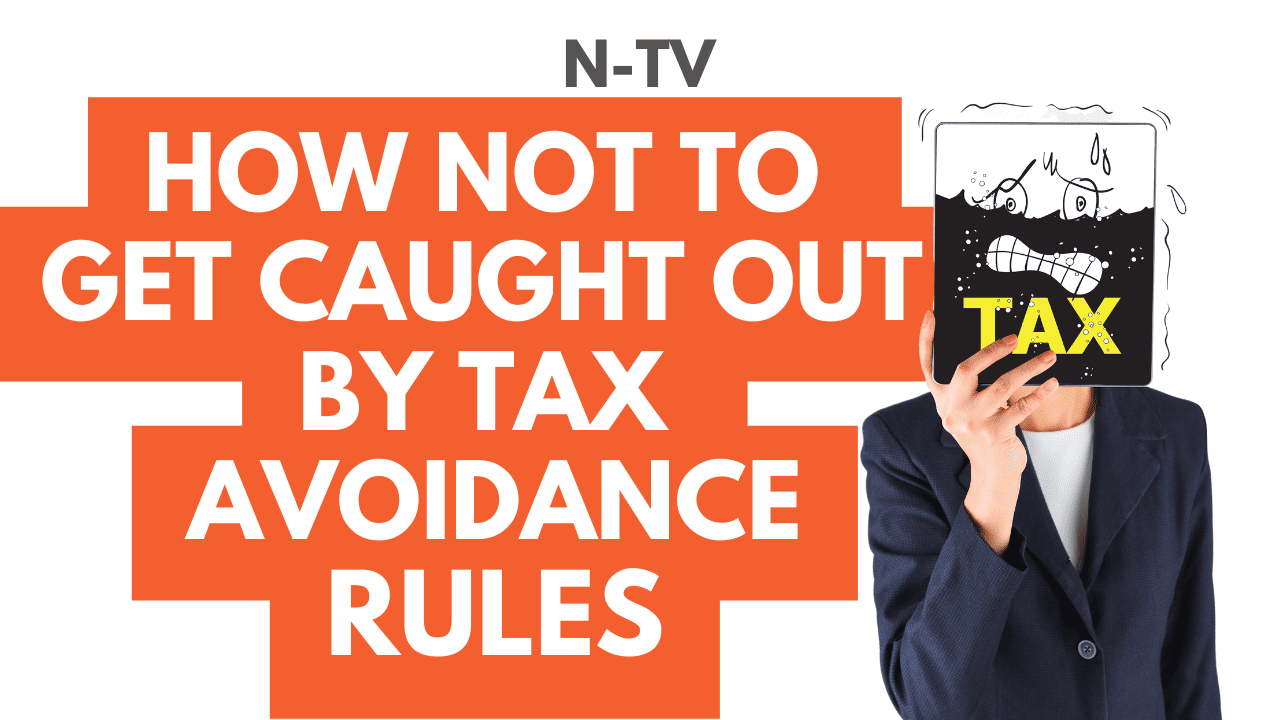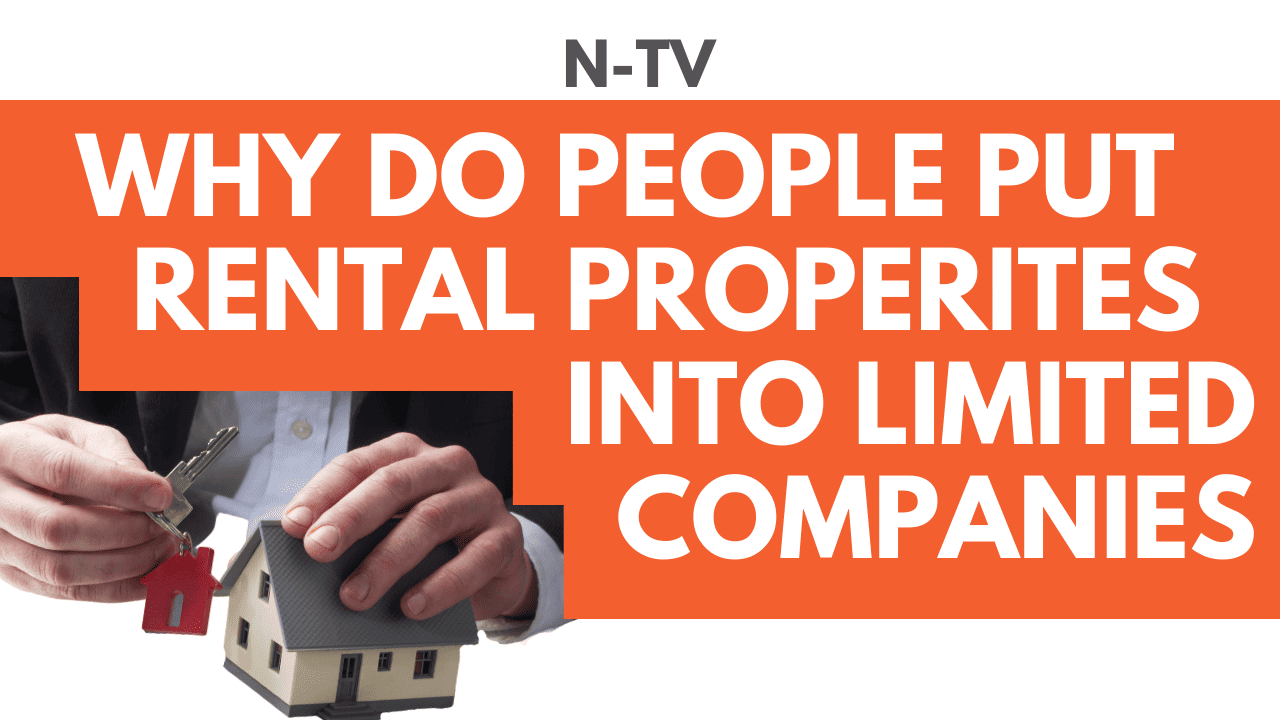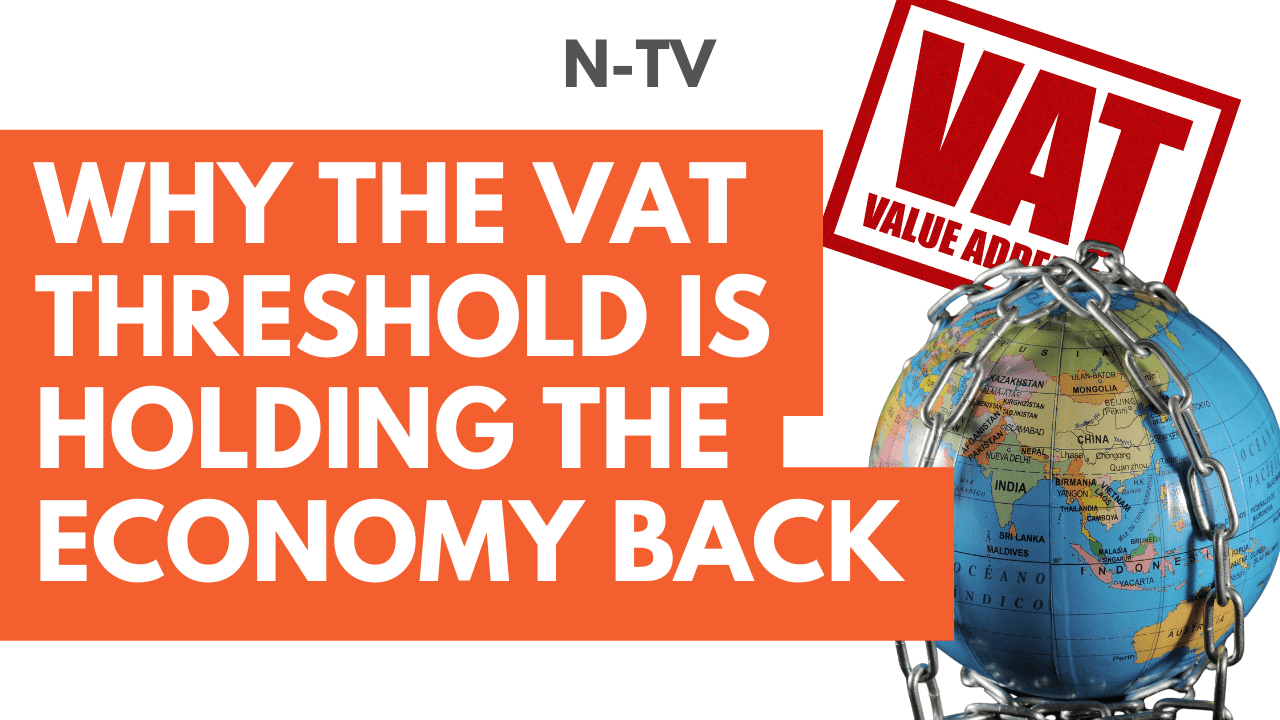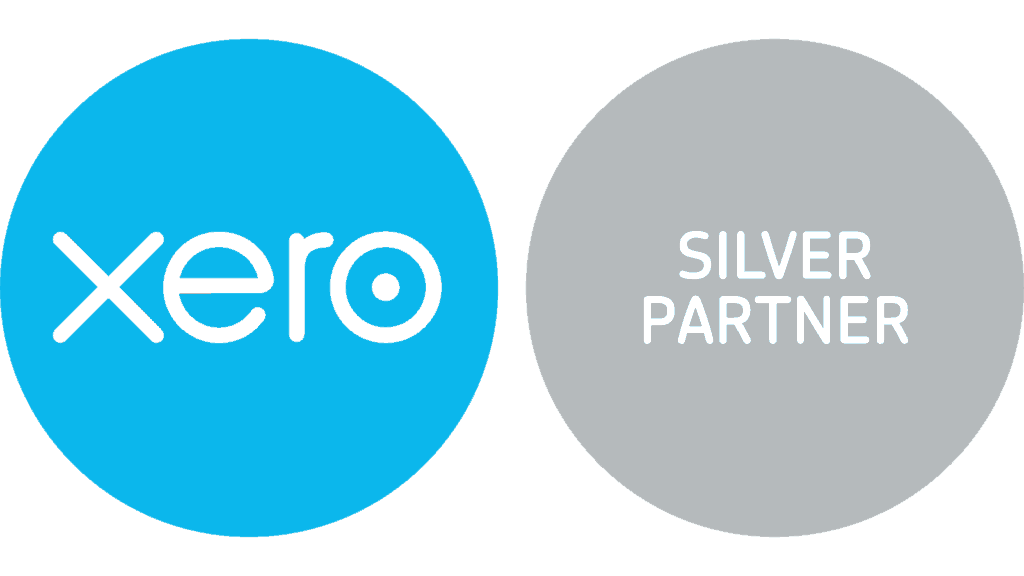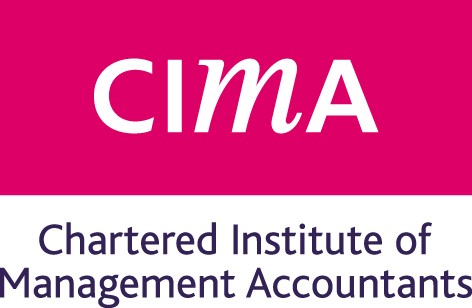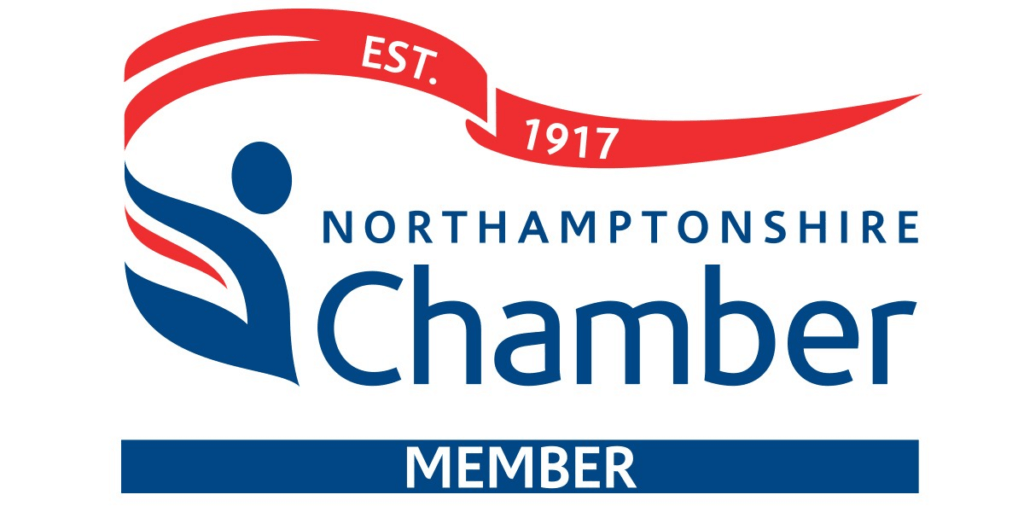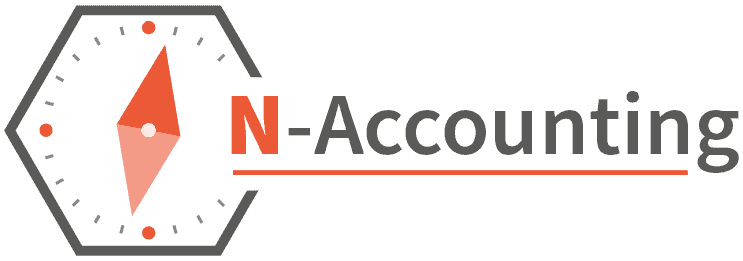Debt is part and parcel of running a business. Taking on debt is always a risk, but it’s one that, if managed well, can lead to success.
Of course, things don’t always go according to plan and sometimes businesses find themselves in more debt than they anticipated. While this is not an ideal situation, it’s probably more normal than you think – a survey by LendingTree found that 47% of business owners have taken on debt to keep their business afloat during the pandemic.
So how do you keep your small business debt under control, and begin to pay off what you owe?
We’ve put together a guide to managing your small business debt, so you can get back on track financially.
Get Clear on Exactly What You Owe
Knowing exactly how much debt your small business has is the first step to putting a plan in place to pay it off. Debt can be scary and it’s tempting to bury your head in the sand, but getting clear on exactly how much you need to pay back will put you more in control of the situation.
In addition to the lump sum that you owe, you need to understand your interest rates and minimum monthly repayments. This information will help you budget for your repayments and ensure that you are repaying as much of the debt as possible each month.
Work Out Your Priorities
Once you know how much you owe and what your interest rates are, you can start to work out your priorities. Paying back your debt might mean having to cut down on other areas of your business, so it’s important to be clear on what is most important to you.
For example, payroll is probably a priority for most businesses, as is keeping the lights on and having enough stock to meet customer demand. You might need to cut back on other areas of your business, such as research and development, in order to free up cash to put towards repaying your debt.
Create a Budget
A budget will help you understand what income you have coming in each month and where you need to allocate it. This will ensure that you are making your debt repayments a priority.
Your budget should include all of your regular expenses, such as rent, payroll and utilities, as well as your minimum monthly debt repayments. Once you have all of your essential outgoings accounted for, you can see how much you have left to put towards repaying your debt.
If you find that you don’t have enough money left each month to make a dent in your debt, you might need to consider ways to increase your income or reduce your expenses.
Consider Debt Consolidation
If you have multiple debts with different interest rates, it might be worth considering debt consolidation. This involves taking out a new loan to pay off your existing debts. The new loan should have a lower interest rate than your current debts, which will save you money in the long run.
It’s important to remember that debt consolidation is not a magic solution and you will still need to make repayments each month. However, it can help you to get on top of your debt and start making headway with repayments.
Summary
Debt is a complex topic, but the above tips are some key starting points for managing your small business debt. The most important thing is to be proactive and to put a plan in place as soon as possible. Don’t bury your head in the sand, and if you’re worried, it’s best to seek the advice of a qualified accountant or financial advisor who can help you put together a plan to get your business back on track.
